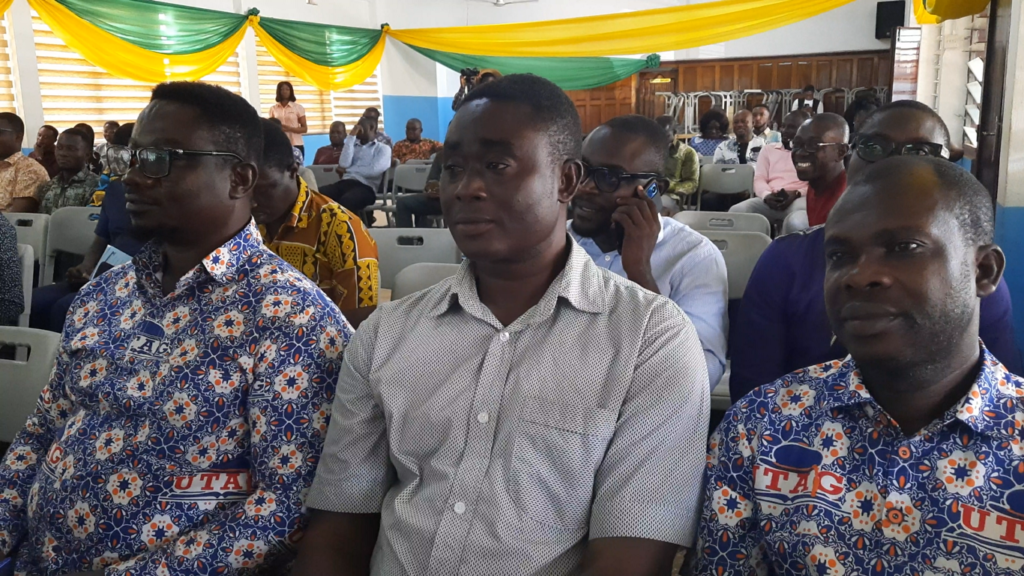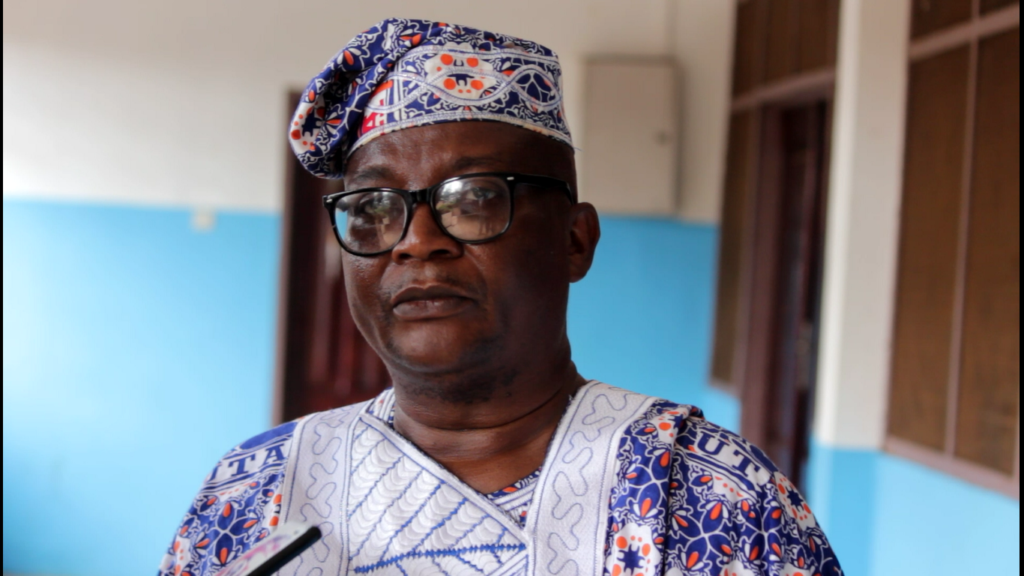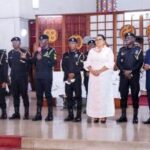The Dean of the School of Arts and Social Studies at the University of Energy and Natural Resources (UENR), Prof Yaw Ofosu-Kusi says government would have to show prime interest in research into technologies that influence economic activities in the country.
He believes this could be achieved if there is a conscious effort to rigorously pursue a research agenda with the provision of adequate resources in strategic areas.
Prof Ofosu-Kusi says if the research potentials of academics are fully actualized with the needed support, it would impact the economy greatly and influence development, as well as ease the pressure on the cedi.

He made the remarks at a forum at UENR in Sunyani, organized by the University Teachers Association of Ghana, UTAG, UENR chapter, in collaboration with the university’s 10th-anniversary celebration planning committee.
Speaking on the topic: “UENR in Perspective: Impact, Prospect, and Challenges”, Prof Ofosu-Kusi, said to actualize the research potentials of academics, “our government must pursue rigorous research agenda by allocating a reasonable percentage of Gross Domestic Product (GDP) for research and development to universities and natural research institutions.”
He wondered why the country spends hard currencies to import some inventions benefiting the economy into the country when researchers could provide similar ones locally when supported.
He asked, “why not commission a single Mechanical Engineering Prof and his or her research assistants to develop a Ghanaian version of tricycles – “Aboboyaa and Pragyia”?
The Professor of Social Studies whose research primarily focuses on the informal economy – children’s mobility, labor, and street life, said the technology of these tricycles is so elementary that he suspects the manufacturers in India and China wonder why Ghana continue to import them when they can make them.

“I believe they laugh at us to their banks. We should ponder over the pressure the millions of dollars that goes into the importation of the “Aboboyaa and Pragyia” put on the cedi when we have the capacity to do that locally or if we didn’t when our government could have easily provided the resources for researchers to find similar versions,” he said.
He, however, urged UENR, other universities, and research institutions to cultivate relationships with other institutions and position themselves such that they would attract research support to venture into areas that are beneficial to the economy.
The Vice Chancellor of UENR, Prof Elvis Asare-Bediako, appreciated UTAG-UENR members for their roles and contribution to higher education in the institution’s tenth anniversary.
He rallied their support to strengthen the union to make members better teachers and researchers, better community servants, and better pushers of the boundaries of knowledge for the growth of UENR and the country.

On his part, Reginald Djimatey, UTAG-UENR President, assured of their continuous collaboration and called for stakeholder support in their research work for the benefit of their students and the country.
The theme for the 10th Anniversary is, “Ten Years On UENR and Higher Education in Ghana.”
UENR has a student population of over 13,000, studying diverse courses assembled under 7 diplomas, 27 undergraduate programs, and 22 graduate programs.





